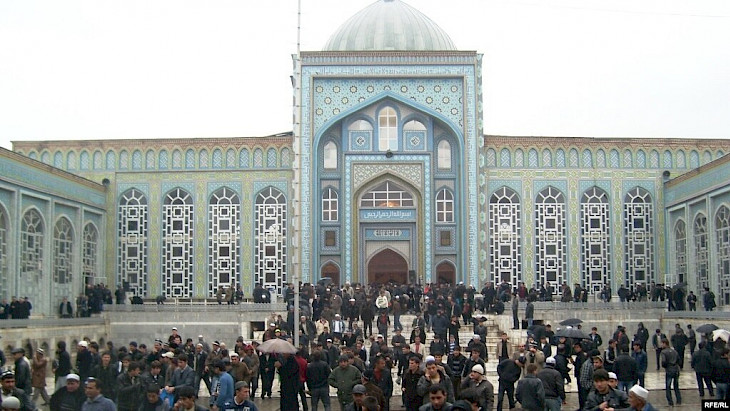Dushanbe Mayor and Chairman of the Majlisi Milli (upper chamber of parliament) Rustam Emomali voiced serious concern over the growing problem of illegal religious education. He made the remarks on August 19 during a meeting with representatives of the city’s law enforcement and judicial bodies, Azattyq.org reports citing an official sources.
According to Emomali, around 80% of those engaged in unlicensed religious studies are young people under 30. No exact figures on the number of individuals or cases of prosecution were provided.
In Tajikistan, religious education is legally permitted only through state-registered institutions and with parental consent. Currently, the only functioning institution of this kind is the Islamic Institute in Dushanbe, which admits a limited number of students. Most madrassas in the capital and regions were shut down years ago due to lack of official licensing.
International human rights organizations regularly criticize Tajik authorities for restricting religious freedoms. Officials in Dushanbe, however, insist that freedom of belief is fully guaranteed.
Similar challenges exist across Central Asia. Uzbekistan, long known for tight restrictions on private religious teaching, has been gradually easing regulations since 2021, expanding the number of licensed Islamic schools. Kazakhstan applies a strict registration system, requiring all madrassas and courses to be licensed by the Ministry of Education and the Committee on Religious Affairs. In Kyrgyzstan, a wider network of religious schools operates, but state authorities have tightened oversight of curricula to prevent extremist narratives.
This makes Tajikistan’s approach one of the strictest in the region—seen by the government as necessary for security and stability, but criticized internationally as excessive.
CentralasianLIGHT.org
Sept. 8, 2025

